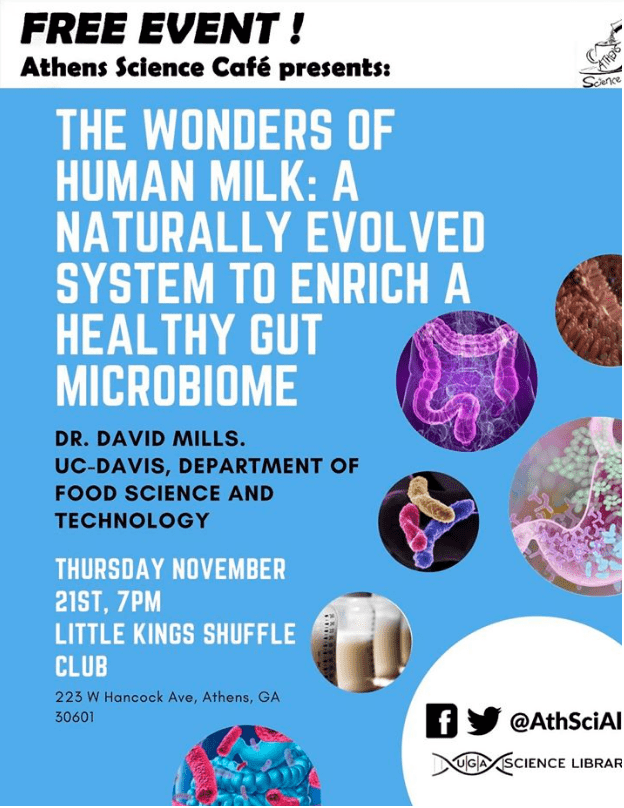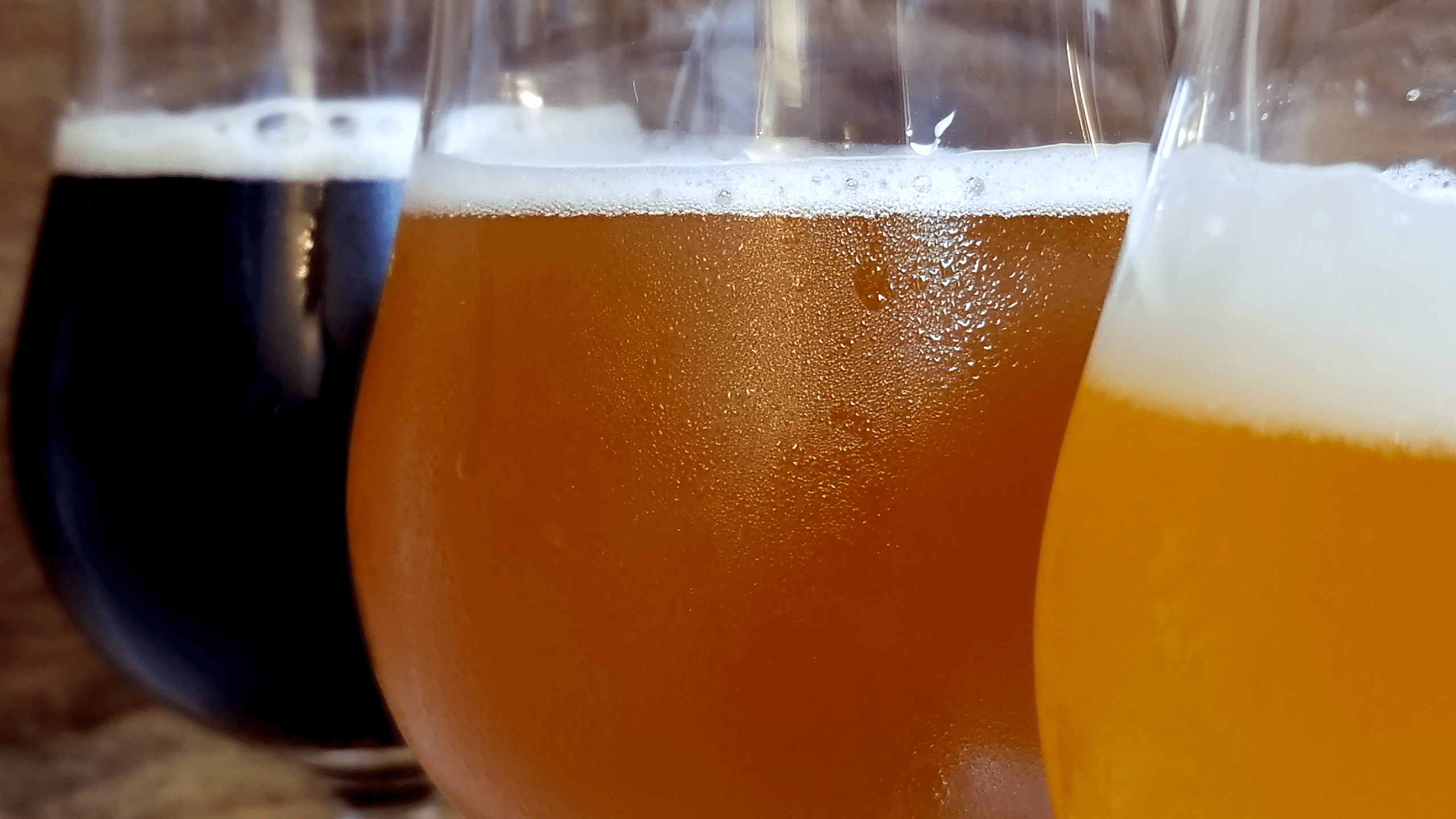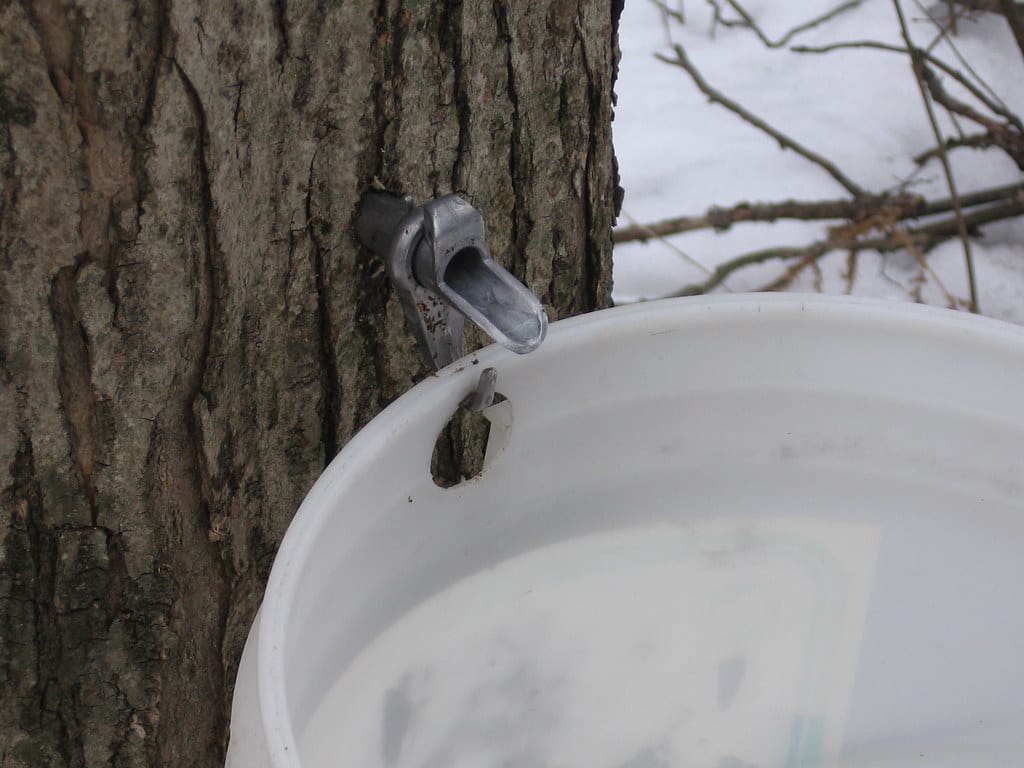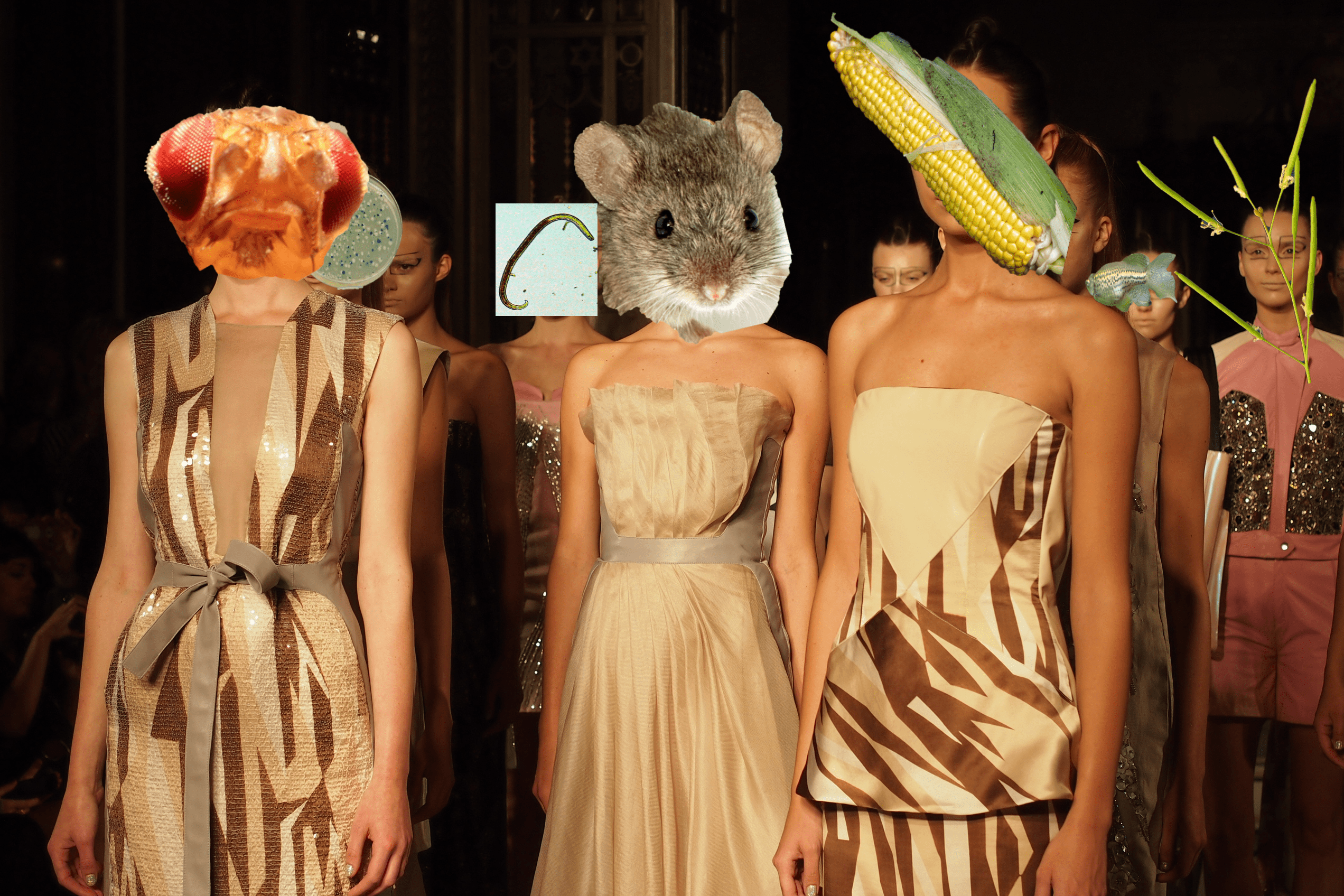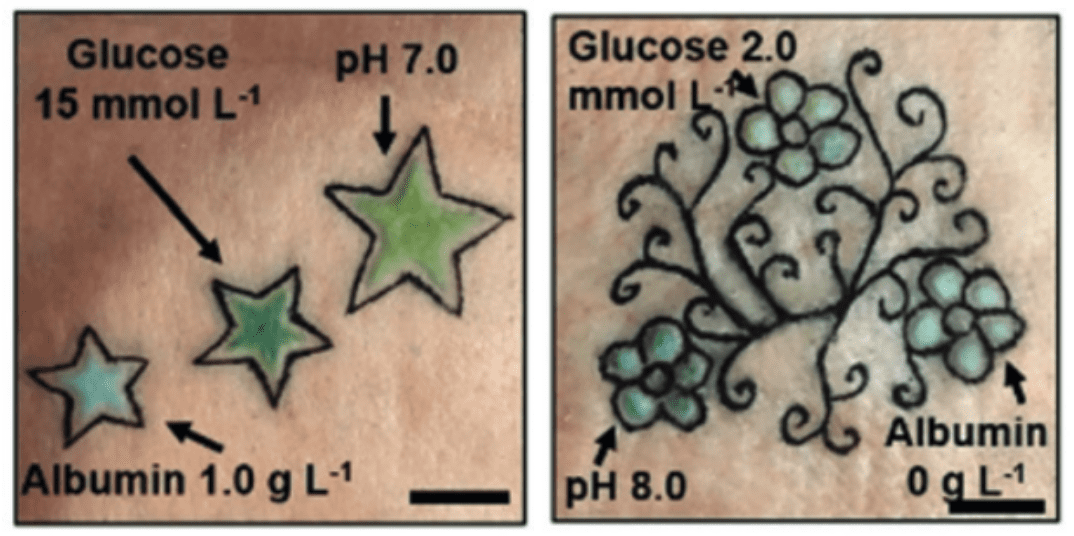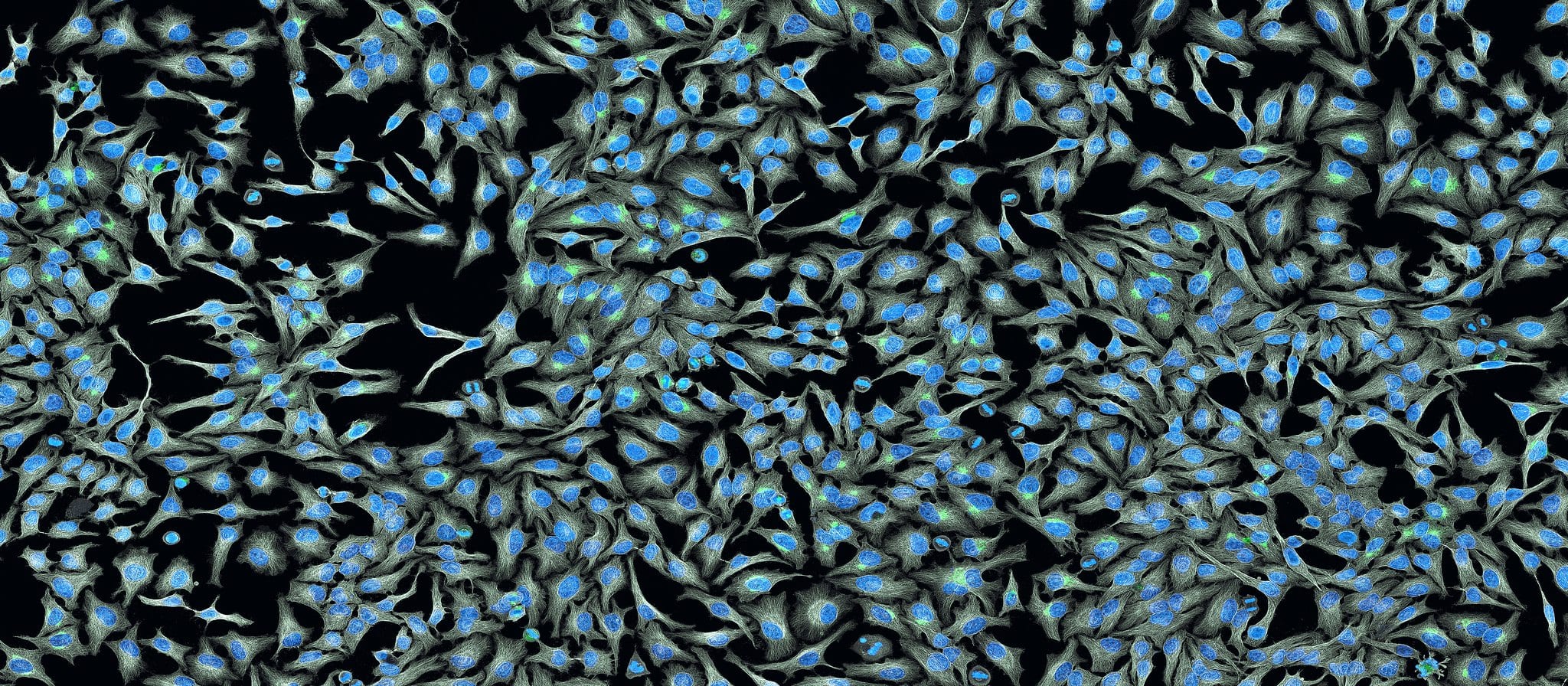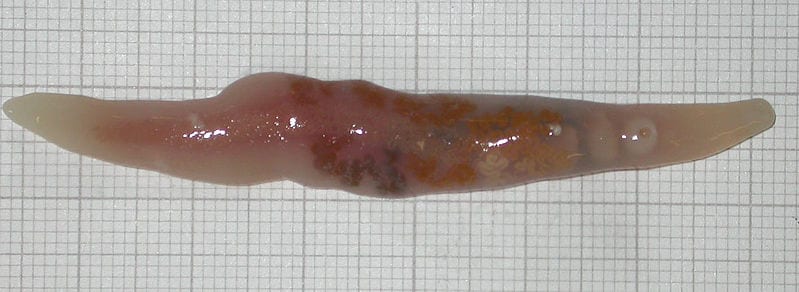
Divide and Conquer! A parasitic worm's key to survival
You may have already forgotten about Halloween, but the recent discovery of a new social organization of body-snatching parasites might be enough to send shivers down your spine! Trematodes are a clade of worms that are almost exclusively parasites of snails and mollusks (with the notable exception of schistosomes); one species is the cause of

